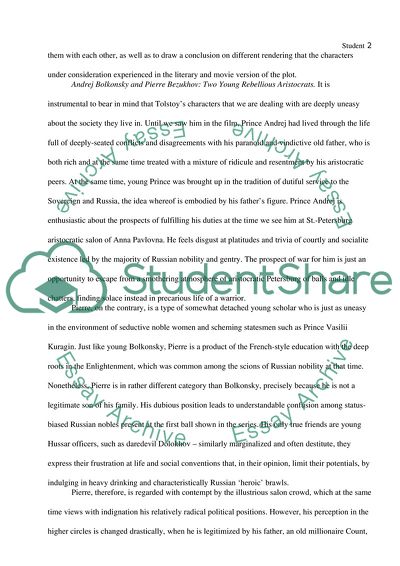Cite this document
(“Pierre Bezukhov and Prince Andrej Bolkonsky: Character Comparison Research Paper”, n.d.)
Pierre Bezukhov and Prince Andrej Bolkonsky: Character Comparison Research Paper. Retrieved from https://studentshare.org/literature/1779272-you-chose-it-for-me
Pierre Bezukhov and Prince Andrej Bolkonsky: Character Comparison Research Paper. Retrieved from https://studentshare.org/literature/1779272-you-chose-it-for-me
(Pierre Bezukhov and Prince Andrej Bolkonsky: Character Comparison Research Paper)
Pierre Bezukhov and Prince Andrej Bolkonsky: Character Comparison Research Paper. https://studentshare.org/literature/1779272-you-chose-it-for-me.
Pierre Bezukhov and Prince Andrej Bolkonsky: Character Comparison Research Paper. https://studentshare.org/literature/1779272-you-chose-it-for-me.
“Pierre Bezukhov and Prince Andrej Bolkonsky: Character Comparison Research Paper”, n.d. https://studentshare.org/literature/1779272-you-chose-it-for-me.


